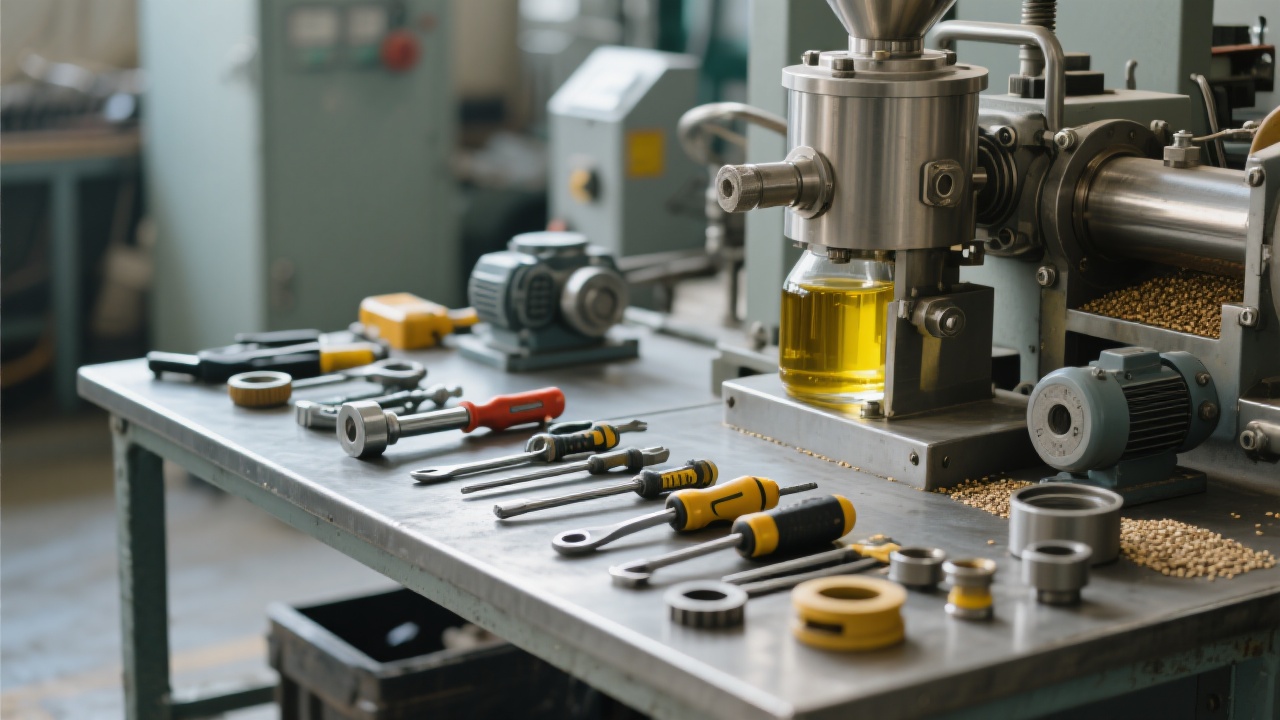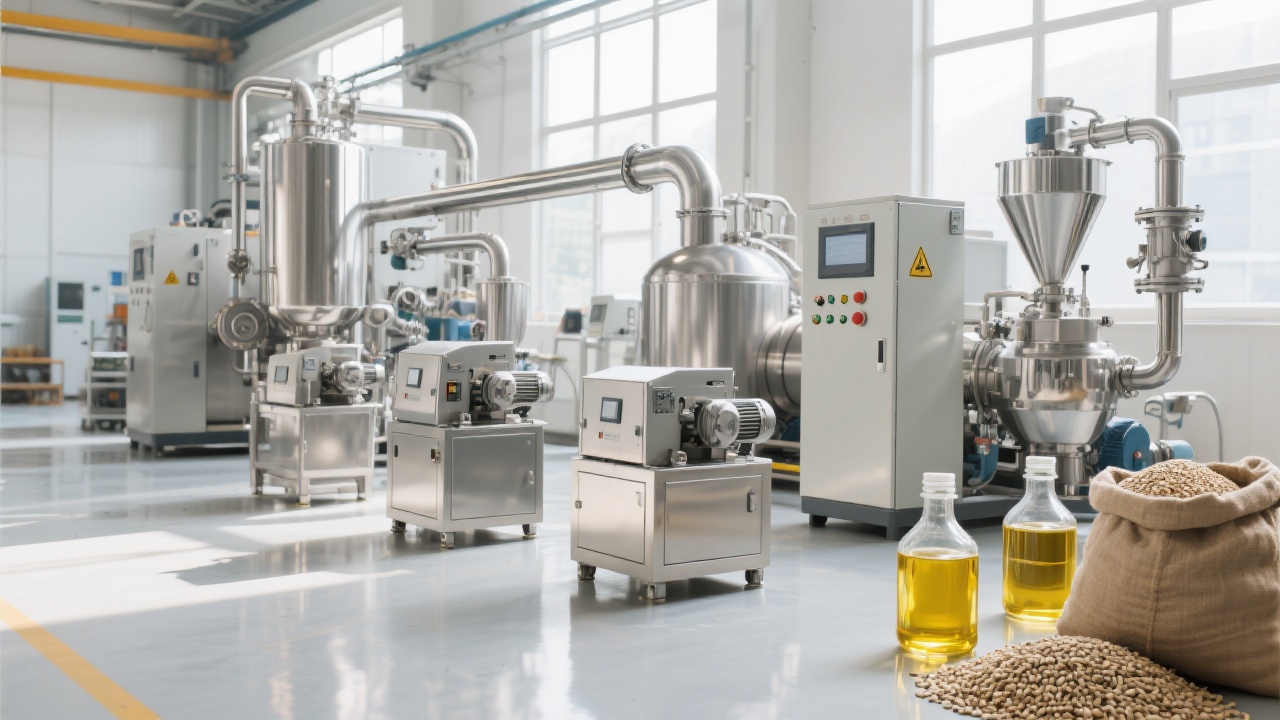
In the competitive world of edible oils and natural ingredients, cold-pressed sesame oil stands out—not just for its rich aroma but for its superior nutritional profile and clean-label appeal. Unlike traditional hot-press methods that can degrade heat-sensitive compounds, cold pressing preserves vital nutrients like vitamin E, polyphenols, and omega-6 fatty acids.
According to industry data from the International Olive Council (IOC), cold-pressed oils maintain up to 30% more antioxidants than their hot-pressed counterparts when kept below 40°C (104°F) during extraction. This temperature threshold is critical—exceed it, and you risk altering the oil’s flavor, texture, and health benefits.
| Process Type | Avg. Temp (°C) | Flavor Profile | Nutrient Retention |
|---|---|---|---|
| Cold Pressed | ≤ 40°C | Rich, nutty, aromatic | High (Vit E, Phytosterols) |
| Hot Pressed | ≥ 80°C | Mild, sometimes burnt | Moderate to Low |
A case study by a leading Indian food ingredient supplier showed that cold-pressed sesame oil used in cosmetic formulations retained 75% more skin-friendly tocopherols compared to hot-pressed versions—making it ideal for premium skincare lines targeting eco-conscious consumers.
Whether you're a boutique producer or an industrial-scale manufacturer, choosing the right press matters. For small batches (< 500 kg/day), manual hydraulic presses with precise temperature sensors offer excellent control. Larger operations (> 2,000 kg/day) benefit from automated screw presses with real-time thermal feedback systems—boosting yield by up to 15% while maintaining quality consistency.

As global demand grows—especially in North America, Europe, and Southeast Asia—brands are increasingly prioritizing clean, traceable sourcing. Cold-pressed sesame oil meets those standards while offering a unique selling point: authenticity through process transparency.
Emerging innovations like AI-driven moisture control and IoT-enabled monitoring are helping producers reduce waste and improve efficiency without compromising on quality. One U.S.-based startup reported a 20% reduction in energy use after integrating smart sensors into their cold-press system—a win for both sustainability and profitability.

If your business aims to scale sustainably—or simply deliver a better product—understanding how temperature impacts final oil quality isn’t optional anymore. It’s essential.
Discover the Right Cold Press Machine for Your Production Volume.jpg)

